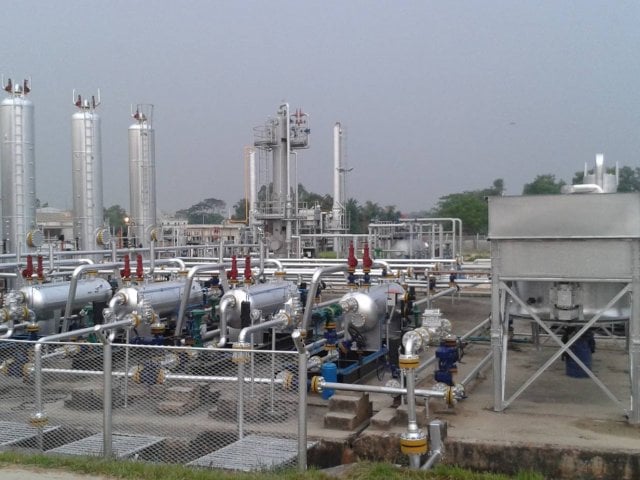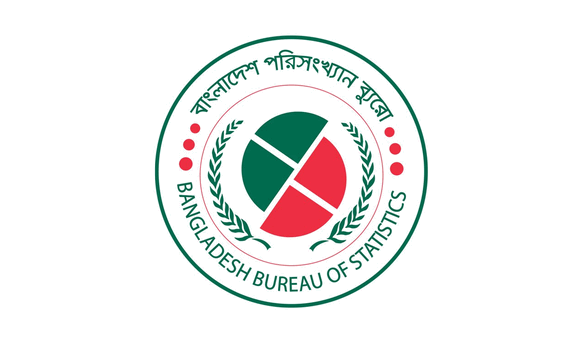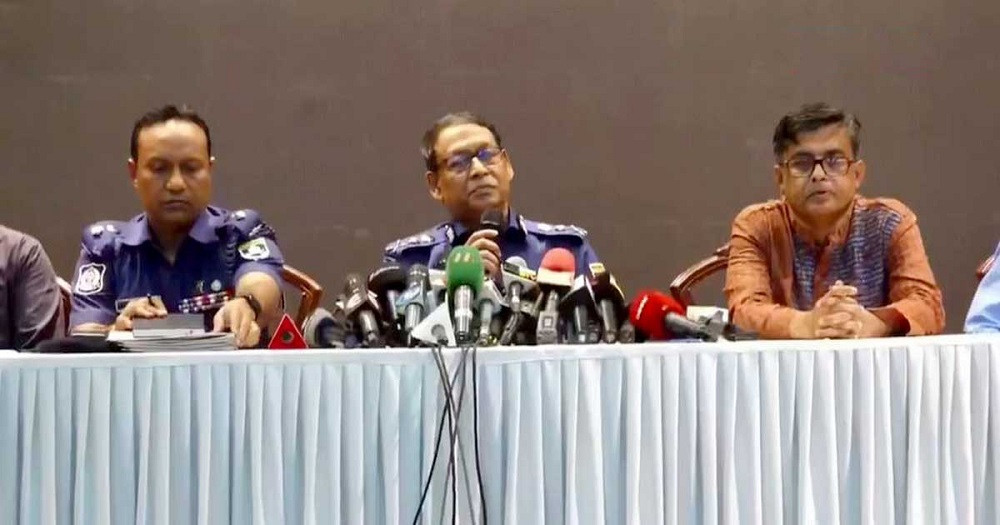
Foreign loan commitments to Bangladesh have fallen sharply during the first eight months of the current fiscal year, while the country’s debt repayments have surged. The significant decline in loan commitments reflects the government’s strategy to reduce foreign borrowing, focusing on essential projects and budget support, while rising repayments highlight the increasing pressure of managing existing debt.
According to data from the Economic Relations Division (ERD), fresh loan commitments dropped by 67.3% from July to February, totaling $2.35 billion, compared to $7.20 billion in the same period last year. Disbursements also saw a decline, falling by 17.3%, with $4.13 billion disbursed compared to $4.99 billion in the previous fiscal year.
On the other hand, Bangladesh’s debt repayments increased by 29.9%, rising to $2.63 billion, up from $2.03 billion last year. This includes a jump in actual repayments from $1.22 billion to $1.96 billion, and interest payments rose from $805.95 million to $944 million.
The decrease in foreign loans follows the government’s strategy to reduce foreign loan intake, focusing only on essential budget support and key projects. ERD officials indicated that while development partners are still willing to offer loans, the government is prioritising managing debt repayments. As a result, the loan agreement process has slowed, leading to fewer new loans.
Additionally, the ERD noted that while efforts are being made to disburse loans to ease repayment pressure, the benefits have been limited due to the country’s current situation. Despite the decline, the Asian Development Bank (ADB) remains the largest disburser, contributing $1.13 billion, followed by the World Bank with $959 million. Japan and Russia also contributed significant amounts, $728 million and $537 million, respectively.
Interestingly, major development partners like China, India, and Russia have not committed any loans to Bangladesh in the first seven months of FY25, unlike previous years.








